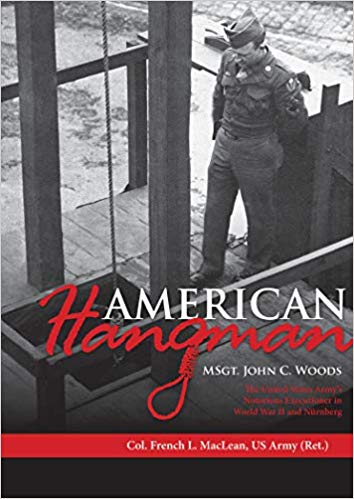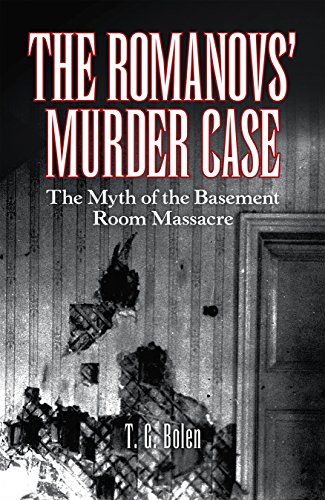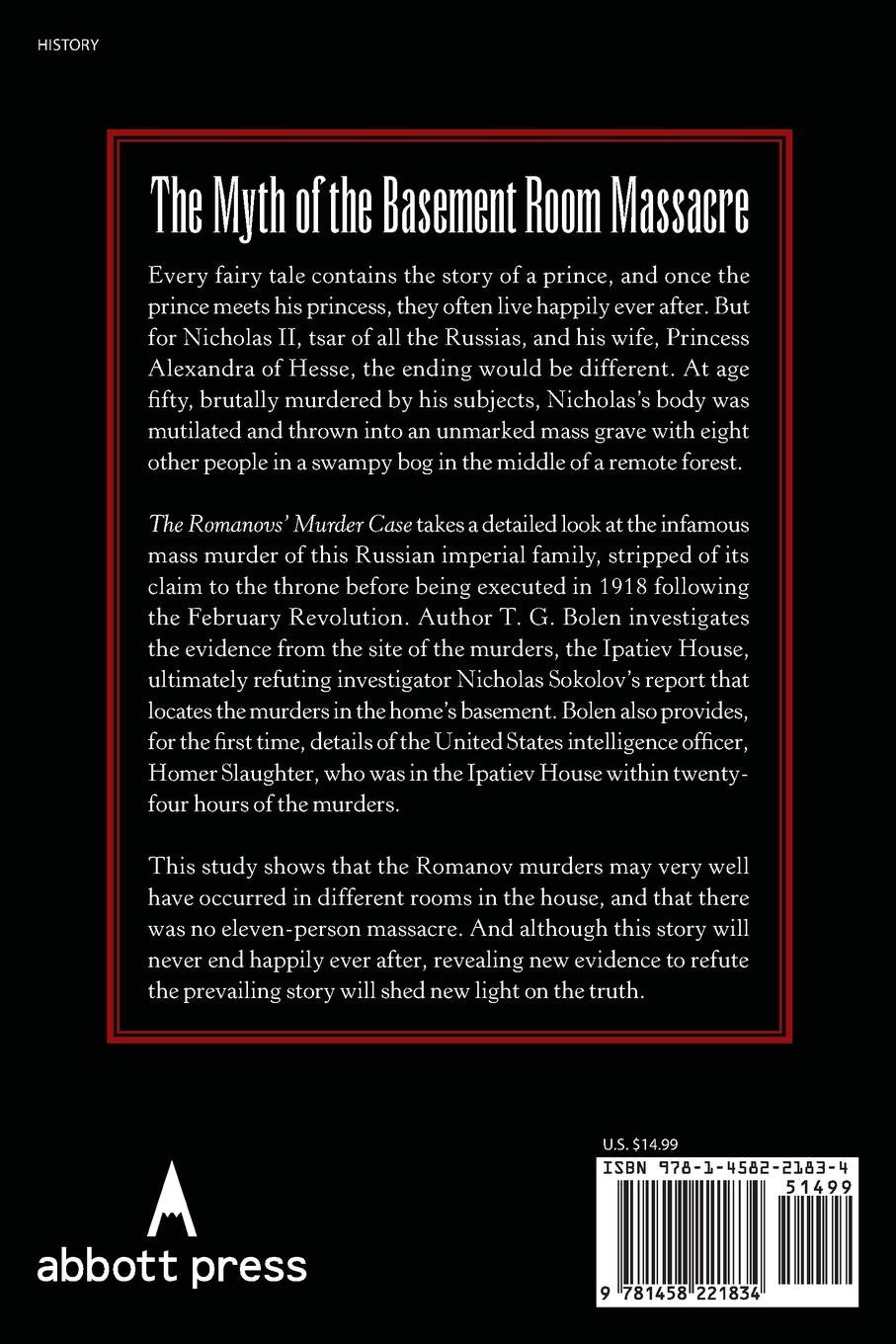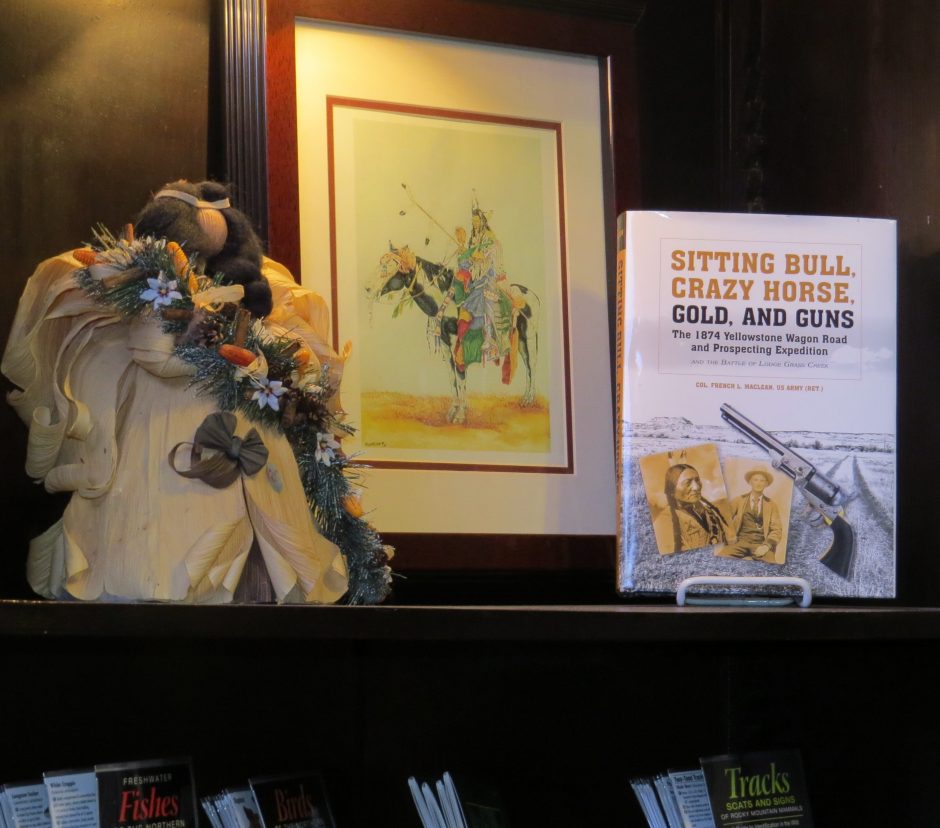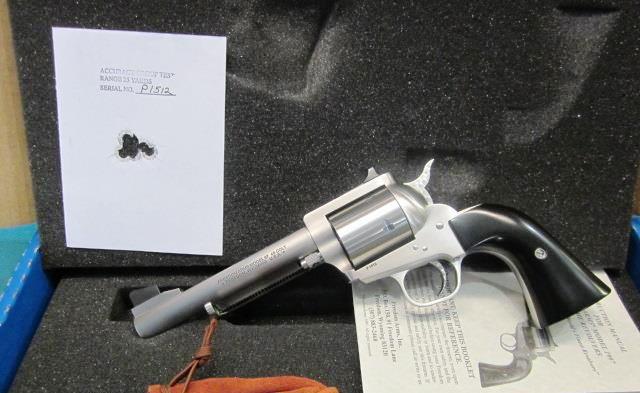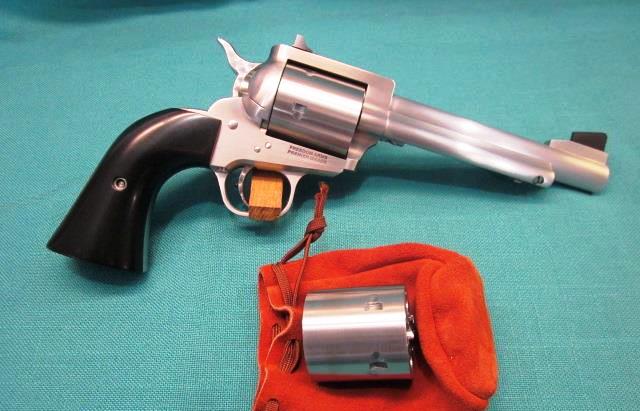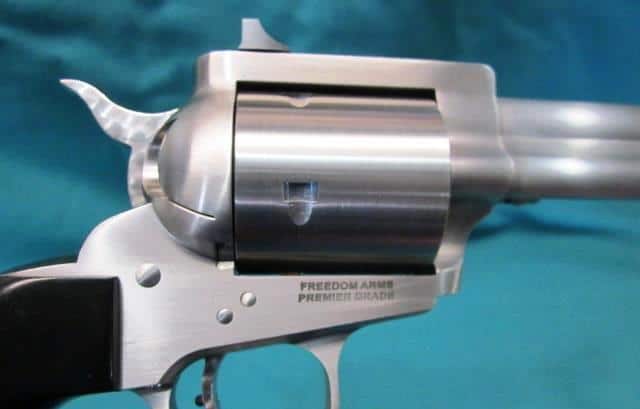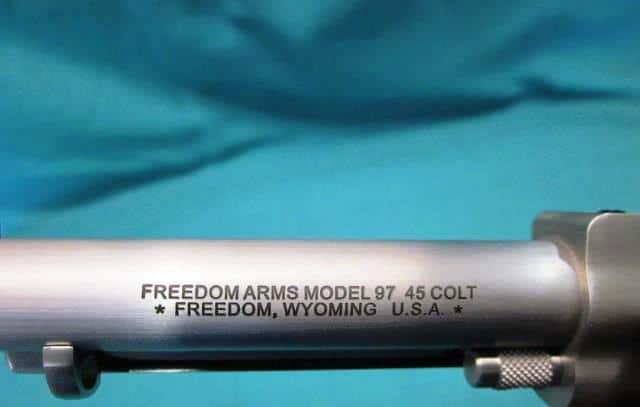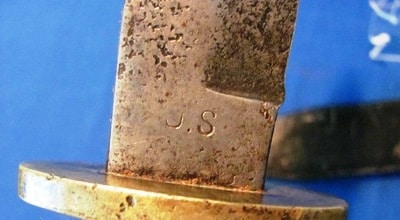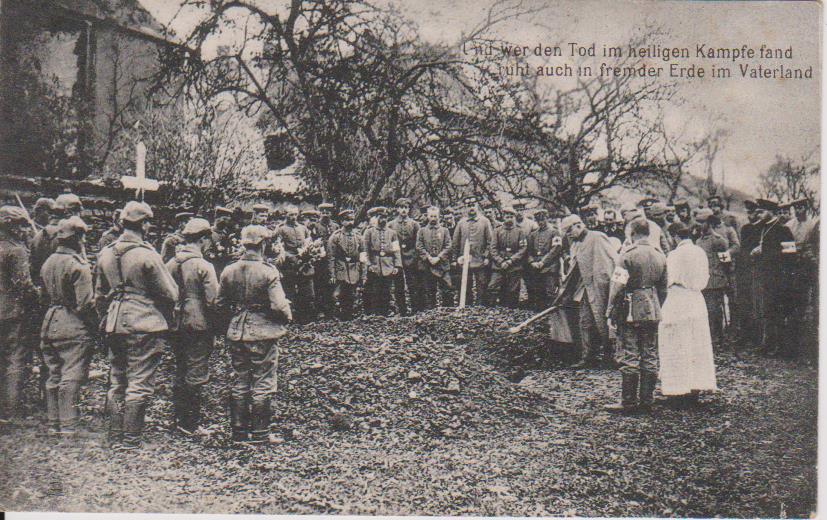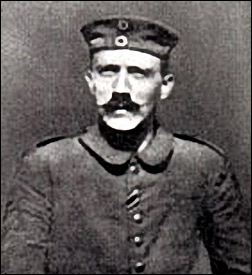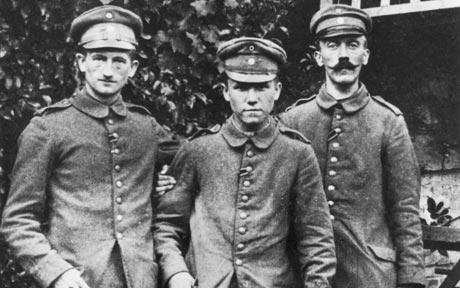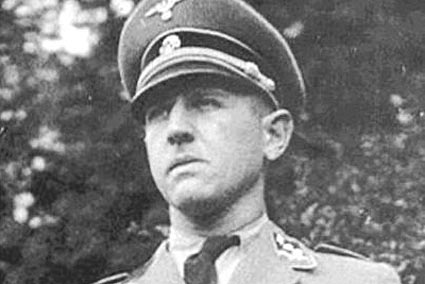
Sun-Tzu
I was watching the original 1984 version of the movie Red Dawn, with Patrick Swayze, Charlie Sheen and Ben Johnson the other day. What a great movie; it is a fictional account of an invasion of the United States by the Soviet Union and Cuba and how a group of young adults in Colorado fight against the occupation. After watching it, I started to think how one famous military strategist would have counseled the patriots who fought back.
The Art of War by Sun-Tzu
This is the granddaddy of all books on war, and just about anyone who wishes to understand war starts with this – at least Chinese Communist leader Mao Zedong, American General Douglas MacArthur and Vietnamese General Võ Nguyên Giáp did. The Art of War presents a philosophy of war for managing conflicts and winning battles and is accepted as a masterpiece on strategy, frequently cited and referred to by generals and theorists. The text is composed of 13 chapters, each of which is devoted to one aspect of warfare. Do not get hung up on who may have written The Art of War. Some historians trace it back to a Chinese military strategist known as Master Sun from the 6th century BC, while others attribute the work to Sun Wu who lived at some point between 776 BC and 471 BC. Still other experts name the author as Sun Bin in the 4th century BC. The work very succinctly presents the tenets for developing and executing a strategy that will defeat the strategy of your opponent. It is presented in lists and recommendations. Also, different translators give different titles for each of the chapters; don’t worry about that. It is more important to grasp the salient facts than it is to know what chapter or page they are found. Here are some of the highlights in italics and a brief description:
Chapter One: Detail Assessment and Planning, also called Calculations.
Study the five factors of warfare: Way, Heaven, Ground, General and Law. Calculate your strength in each and compare them to your enemy’s strengths.
A good commander constantly evaluates the situation, which includes the level of support of the people, weather conditions, geographic factors, the competency of your officers and your organization, logistics and other resources. You compare your strengths in each of these to your enemies to see where you can gain an advantage.
Warfare is the Way of deception… if able, appear unable; if active, appear inactive; if near, appear far; if far, appear near… attack where your enemies are not prepared; go to where they do not expect.
In fighting a superior enemy occupying your country, by definition you will be inferior in numbers and likely in technology. You won’t be able to go one-on-one. You will have to keep your plans and intentions secret and you can’t do that if you are blabbing them all over the internet, unsecure tactical radios, telephone, emails and other electronic communications devices.
Chapter Two: Waging War, also called Doing Battle
When doing battle, seek a quick victory. A long battle will blunt weapons and diminish ferocity. If troops lay siege to a walled city, their strength will be exhausted. Therefore, the important thing in doing battle is victory, not protracted warfare.
This is pretty clear for conventional war, but what about fighting against a power occupying a country. Unfortunately, a population striving to throw off the yoke of enslavement is in for a long haul and it will not be over until the occupying power quits, so these guidelines actually apply to the enemy in our case. They have to make the enemy believe that we will never quit and never surrender. They will deny them victory because we have the will to continue to fight, but for the enemy it will be a long, protracted, bloody war.
Chapter Three: Strategic Attack, also called Planning Attacks
The best warfare strategy is to attack the enemy’s plans, next is to attack alliances, next is to attack the army and the worst is to attack a walled city; laying siege to a city is only done when other options are not available…one who is skilled in warfare principles subdues the enemy without doing battle, takes the enemy’s walled city without attacking and overthrows the enemy quickly, without protracted warfare. Generally in warfare: if ten times the enemy’s strength, surround them; if five times, attack them; if double, divide them; if equal, be able to fight them; if fewer, be able to evade them; if weaker, be able to avoid them.
Try and defeat the enemy’s strategy before the conflict; pick on the weakest ally in the enemy chain and hammer them (like the Russians did when they attacked the Italians and Romanians on the flanks of the German Sixth Army at Stalingrad.) Be there “firstest with the mostest,” as Nathan Bedford Forrest would say.
Therefore I say: one who knows the enemy and knows himself will not be in danger in a hundred battles. One who does not know the enemy but knows himself will sometimes win, sometimes lose. One who does not know the enemy and does not know himself will be in danger in every battle.
You have probably seen this many times before and it applies to warfare, business, sports and other areas of competition. You have to gather all the facts you can and rehearse how you want to fight; you have to know the strengths and weaknesses of every one of your soldiers and be relentless in gathering similar information about the enemy.
Chapter Four: Disposition of the Army, also called Formation
One takes on invincibility defending; one takes on vulnerability attacking. One takes on sufficiency defending, one takes on deficiency attacking. Those skilled in defense conceal themselves in the lowest depths of the Earth. Those skilled in attack move in the highest reaches of the Heavens. Therefore, they are able to protect themselves and achieve complete victory. Those skilled in warfare establish positions that make them invincible and do not miss opportunities to attack the enemy.
To take an enemy position the general rule is that the attacker must have three-to-one odds; that is because the defender knows the terrain better than the attacker (because the defender has been on the terrain for some period of time) and that the defender can use the terrain, maybe by digging in or hiding, to lessen the effects of enemy weapons. Having said that, the defender always needs to be prepared to counter-attack, once the attacker has exhausted his resources.
A victorious army first obtains conditions for victory and then seeks to do battle. A defeated army first seeks to do battle, then obtains conditions for victory.
You have heard the phrase: “Ready, Aim, Fire.” Study and prepare first, pick out your target and only then fire (or fight.) When soldiers who need more training get scared, their actions can often be: “Fire”, “Aim, Fire, Ready” or “Ready, Fire, Aim.” Not only do you have to fire, you have to fire at the key targets and identifying them occurs before you pull the trigger.
Chapter Five: Forces, also called Force
Generally, in battle, use the common to engage the enemy and the uncommon to gain victory. The force of those skilled in warfare is overwhelming and their timing precise. Even in the midst of the turbulence of battle, the fighting seemingly chaotic, they are not confused.
Sun-Tzu called for basic infantry to pin the enemy down, and then use more capable troops, like cavalry to finish off the enemy. In almost every fight, you are going to need a reserve to exploit, or respond to, unforeseen circumstances. That reserve force needs to be one of your best: one that can respond quickly, understand what to do in uncertain circumstances, and press home the attack in difficult situations. You need the ability to use not only great force, or strength, but also to apply that force with great precision. That is the theory of high-value targets; it is better to kill the enemy commander than it is to kill ten of his soldiers. What targets do we need to destroy first to give us a better chance to win?
Chapter Six: Weaknesses and Strengths
To be certain to take what you attack, attack where the enemy cannot defend…to be certain of safety when defending, defend where the enemy cannot attack…the place of battle must not be made known to the enemy…if it is not known, then the enemy must prepare to defend many places…if he prepares to defend everywhere, everywhere will be weak.
These are the very tenets of guerilla warfare and guerilla warfare is exactly what a population must practice in order to throw out an invader. You know the terrain and from your contacts you must determine the enemy’s plans and intentions. Then you start picking off his outposts and installations, striking quickly and then disappearing into the population until the next attack.
Therefore, know the enemy’s plans and calculate his strengths and weaknesses…provoke him, to know his patterns of movement…determine his position, to know the ground of death and of life…probe him, to know where he is strong and where he is weak…The ultimate skill is to take up a position where you are formless…if you are formless, the most penetrating spies will not be able to discern you.
America has had numerous skilled fighters who appeared out of nowhere to strike, disappeared into the mist and re-appeared where they were least expected to attack again. Francis Marion (“the Swamp Fox,”) John S. Mosby (“the Gray Ghost of the Confederacy,”) and Geronimo fought outnumbered time and time again against much larger antagonists. They knew that they had to remain dispersed until the last second when you can mass and attack because the enemy’s technology and intelligence services was constantly trying to locate them.
Chapter Seven: Armed Struggle, also called Military Maneuvers
If an army is without its equipment it will lose; if an army is without its provisions it will lose; if the army is without its stores it will lose.
You do not need to strike the combat elements of the enemy to win; by destroying his equipment and supply dumps you can starve the enemy forces. This was one of the major characteristics of the blitzkrieg, which advanced deep behind the front of the enemy to attack headquarters command and communications, transportation hubs and supply bases. An added advantage is that a logistical unit has a lesser ability to fight and generally has inferior weapons.
One who does not know the mountains and forests, gorges and defiles, swamps and wetlands cannot advance the army. One who does not use local guides cannot take advantage of the ground.
This may be your greatest advantage; you know the geography of your area of the country. You know where you can hide, where alleys are in big cities, what off-road terrain you can take a vehicle through, where the small paths are in a wooded area; no detail is too small to study. GPS is great, but there is no substitute for personal knowledge of every fold in the terrain and every building in a town or city.
Therefore, the army is established on deception, mobilized by advantage, and changed through dividing up and consolidating the troops…therefore, it advances like the wind; it marches like the forest; it invades and plunders like fire; it stands like the mountain; it is formless like the dark; it strikes like thunder.
You have to own the night and strike where the enemy least expects it. And to invade the enemy “like fire” you have to show no mercy and ensure you kill the enemy…not just scare him. If you can do that, you will start putting the fear of God in your adversaries.
Chapter Eight: Nine Changes, also called Variations and Adaptability
There are routes not to be taken; there are armies not to be attacked; there are walled cities not to be besieged; there are grounds not to be penetrated; there are commands not to be obeyed.
There are times when you have to be smart enough to know when not to do something. It is called flexibility.
There are five dangerous traits of a general: he who is reckless can be killed; he who is cowardly can be captured; he who is quick tempered can be insulted; he who is moral can be shamed; he who is fond of the people can be worried…these five traits are faults in a general, and are disastrous in warfare.
We will discuss how to organize later; sufficed to say, you are probably going to elect a leader, or at least make a decision whether or not you want to serve under an existing leader. Obviously you aren’t going to pick a coward, but it is also important not to select someone who is reckless or one who does not think through a situation and thus gets angry easily. The leader is going to have to sometimes put his own troops in harm’s way for the greater good. Choose wisely.
Chapter Nine: Army Maneuvers, also called Movement and Development of Troops
To cross mountains, stay close to the valleys; observe on high ground and face the sunny side. If the enemy holds the high ground, do not ascend and do battle with him. After crossing a river, you must stay far away from it. If the enemy crosses a river, do not meet him in the water. When half of his forces have crossed, it will then be advantageous to strike. If you want to do battle with the enemy, do not position your forces near the water facing the enemy; take high ground facing the sunny side and do not position downstream. After crossing swamps and wetlands, strive to quickly get through them and do not linger. If you do battle in swamps and wetlands, you must position close to grass, with the trees to your back. On level ground, position on places that are easy to maneuver with your right backed by high ground, with the dangerous ground in front, and safe ground to the back.
You have to practice analyzing terrain; what you are striving for is to use the terrain to your advantage, so you can observe, maneuver and engage the enemy easier than he can. Generally, the force that can get to the potential battlefield first will win. If you can do that, and entice the enemy to attack you, you can use the advantage of the defense, inflict casualties and then get out of there quickly. Sun-Tzu’s comment on swamps and wetlands applies more to conventional armies than irregular troops. If you know your way around local swamps and other difficult terrain, they can give you a huge advantage.
If the birds take flight, he is lying in ambush; if the animals are in fear, he is preparing to attack.
The fundamentals of warfare are a lot like the fundamentals of hunting and many successful armies in the past maneuvered as if they were on a great hunt, especial Genghis Khan and his army. Many of the best soldiers in an insurrection against a foreign enemy or tyrannical government have been lifetime hunters, whose knowledge of field craft is second nature. If you are not a hunter now, consider learning how, and ask your hunting friends if you can go with them.
Chapter Ten: Ground Formation, also called Terrain
Ground is accessible, entrapping, stalemated, narrow, steep, and expansive. If you can go through but the enemy cannot, it is called accessible. For accessible ground, first take the high and the sunny side, and convenient supply routes. You then do battle with the advantage. I f you can go through but difficult to go back, it is called entrapping. For entrapping ground, if the enemy is unprepared, advance and defeat him. If the enemy is prepared, and you advance and are not victorious, it will be difficult to go back; this is disadvantageous. If it is not advantageous to advance or for the enemy to advance, it is called stalemated. For stalemated ground, though the enemy offers you advantage, do not advance. Withdraw. For narrow ground, we must occupy it first; be prepared and wait for the enemy. If the enemy occupies it first, and is prepared, do not follow him. If he is not prepared, follow him. For steep ground, if you occupy it first, occupy the high on the sunny side and wait for the enemy. If the enemy occupies it first, withdraw; do not follow him. For expansive ground, if the forces are equal, it will be difficult to do battle. Doing battle will not be advantageous.
As you can see, you must always be evaluating the lay of the land, because your enemy will be doing so. Terrain sometimes changes based on the weather – what might be a perfectly good avenue of approach to attack the enemy on a warm summer day, might be a muddy bog after several days of rain in the early spring. A wise general once told me, when our tanks were finding it difficult to advance through a wooded training area in Germany: “Never let the terrain beat you.” If you look at most disastrous battles, the losing commander did not properly read the terrain and was caught on a battlefield disadvantageous to him. General Robert E. Lee may not have realized that the mile long field on which the famous “Pickett’s Charge” would take place, was almost all uphill and that his men would be tired when they reached Union lines. General George A. Custer, when he took five companies of the Seventh Cavalry on the right bank of the Little Bighorn did not see that the undulating terrain would allow the Lakota and Northern Cheyenne warriors to remain concealed until they advanced to within 200 yards of the cavalry, at which point the warriors’ repeating rifles had an advantage over the single shot Springfield 1873 carbines of the cavalrymen.
Chapter Eleven: Nine Grounds, also called the Nine Battlegrounds
This chapter, in my opinion, primarily deals with an offensive invasion into another country, which is not the situation you will be facing. Having said that, there are several descriptions that have value so read the whole chapter as well as the others; here is one of them:
Therefore, those skilled in warfare are like the shuaijan. The shuaijan is a serpent on Mount Chang. If you strike its head, its tail attacks; if you strike its tail, its head attacks; if you strike its middle, both the head and tail attack.
You want to create in the mind of your enemy that you have the ability to attack from anywhere, no matter how the enemy deploys his army. You are everywhere, but when the enemy looks for you, you are nowhere. Create an aura of fear in your enemy by exploiting propaganda that your forces are like a deadly snake.
Chapter Twelve: Fire Attacks, also called Attacking with Fire
In Sun-Tzu’s day, setting fires was a combat multiplier to prevent the enemy from using certain terrain, destroying his supplies and causing the enemy to leave a particular area.
There are five kinds of fire attacks: one, burning personnel; two, burning provisions; three, burning equipment; four, burning stores; five, burning weapons.
The problem is that once fires start, they are unpredictable. But the thrust of his idea is correct, you simply cannot just attack enemy combat units, but have to also attack enemy supply dumps, maintenance facilities and other key logistical targets.
Chapter Thirteen: Using Spies, also called Intelligence and Espionage
Sun-Tzu was all about using the cerebral to defeat superior force, and nowhere is this more evident than his discussion of intelligence and espionage.
What enables the enlightened rulers and good generals to conquer the enemy at every move and achieve extraordinary success is foreknowledge. Foreknowledge cannot be elicited from ghosts and spirits; it cannot be inferred from comparison of previous events, or from the calculations of the heavens, but must be obtained from people who have knowledge of the enemy’s situation. There are five kinds of spies used: local spies, internal spies, double spies, dead spies, and living spies. When all five are used, and no one knows their Way, it is called the divine organization, and is the ruler’s treasure.
For local spies, we use the enemy’s people. For internal spies we use the enemy’s officials. For double spies we use the enemy’s spies. For dead spies we use agents to spread misinformation to the enemy. For living spies, we use agents to return with reports.
Every other American out there can provide information on enemy intentions and capabilities. Every enemy headquarters in the occupation is going to have Americans doing the jobs such as cleaning, and maybe even facility maintenance. Those people know schedules; they know where enemy officers are billeted; they know who has a mistress and who has a gambling problem. They are the key to leveraging and turning enemy individuals to provide information. Wait staff in restaurants know who regular customers are and when they frequent the facility, which is key information for ambushes and targeted attacks. You want to create the image in the mind of the enemy that there are millions of spying eyes on them from the moment they wake up each morning.

Red Dawn started out pretty demoralizing as I thought about the country being invaded and occupied. Watching the resistance develop turned the movie around; they could have defeated the invaders a lot quicker if they had followed Sun-Tzu. The Art of War is an excellent book and can help you develop strategies for a lot of challenges in life, not only if Russian troops are marching down Main Street!
